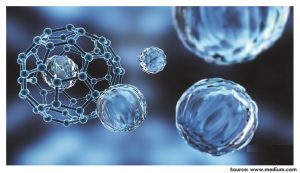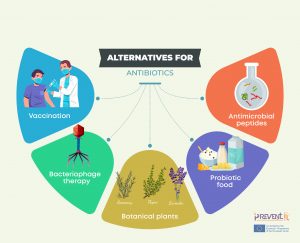Antibiotic resistance is a significant public health problem. It is a one health issue that requires immediate attention from various stakeholders. Being a one health issue, antibiotic resistance can be seen to be spreading across the human, animal, and environment domains. Drinking water is no exception. Various studies have identified antibiotic-resistant bacteria and genes in drinking water from multiple locations worldwide. The situation becomes more complex when we realise that no existing water treatments can eliminate the drug-resistant bacteria or genes from the drinking water. In this review article, the authors have attempted to explain the current and new strategies in this direction.
Conventional water treatment plants use a combination of coagulation, flocculation, sedimentation, filtration, and disinfection units, to provide clean and safe drinking water to the public. These could effectively eliminate bacteria but failed to remove some resistant genes from the water. Studies also show that using low-pressure UV treatment and conventional methods can decrease the resistant gene load in the water. But this strategy requires further optimisation because contradictory results are coming from other studies using the same process.
Biological activated carbon used in water treatment has been found to increase the resistant genes. Filtration by powder-activated carbon showed a promising result in removing ARGs from water. Membrane filtration is another advanced water treatment process that includes ultrafiltration, nanofiltration, osmosis reverse, and forward osmosis. Even though a significant reduction in the abundance of resistant genes was noticed, the final water sample still had identifiable antibiotic-resistant genes.
Recent strategies to eliminate antibiotics from drinking water include adsorption and degradation of antibiotics using nanotechnology and microalgae-based technologies.
To know more about the strategies, kindly visit the website of the journal pharmaceuticals (Link).







